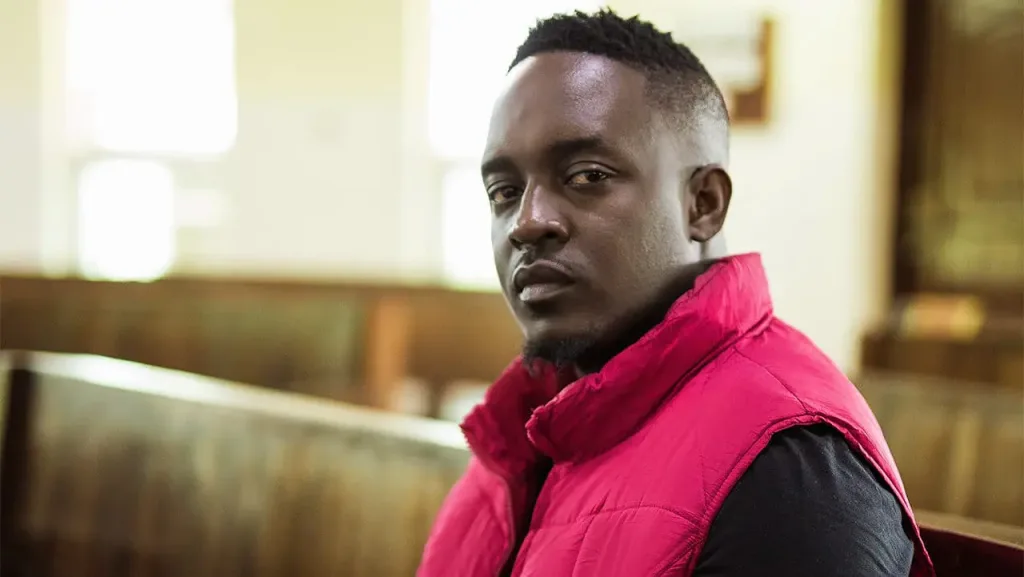Nigerian music’s global rise has been fueled in part by illicit financial sources, veteran rapper Jude Abaga, widely known as M.I, asserted during a recent podcast appearance. The entertainer, a respected figure in Africa’s hip-hop scene, argued that the industry’s reliance on foreign investors and funds from cybercrime activities highlights systemic failures in Nigeria’s support for its creative sector.
Speaking on the So Nigerian podcast, Abaga described the phenomenon as a national embarrassment, given the country’s wealth of musical talent. “When people discuss ‘Yahoo Yahoo’ [a local term for internet fraud], there’s controversy because that’s the funding many artists depend on,” he said. “It’s an indictment on our nation that the primary financial backing for our music comes from the West and fraud.” He emphasized that the trend reflects broader institutional gaps, stating, “It shows something is wrong. Hopefully, we can do better.”
While Nigeria’s Afrobeats genre has gained international acclaim, Abaga stressed that domestic financial structures remain inadequate. He noted that young artists often rely on peer-to-peer support, with established stars investing in emerging talents due to limited institutional funding. “We need more wealthy Nigerians to step up,” he urged, highlighting the absence of large-scale local investors in music despite the industry’s economic potential.
The rapper’s remarks align with longstanding concerns about Nigeria’s creative industries struggling to secure sustainable financing. While streaming platforms and global labels have expanded opportunities, many artists still face challenges accessing capital for production, marketing, and distribution. Analysts have previously warned that gaps in formal funding mechanisms could push creators toward informal—and sometimes illicit—sources.
Abaga’s critique also touches on Nigeria’s complex relationship with cybercrime, a persistent issue authorities have tried to combat through legislation and enforcement. His comments, however, shift focus to how financial desperation and limited opportunities may indirectly incentivize such activities. “It’s not just about blaming individuals,” one Lagos-based music producer noted anonymously. “When systems fail, people find alternatives—even harmful ones.”
The discussion has sparked debates on social media, with some praising Abaga’s candor and others cautioning against generalizations. Nonetheless, his call for increased local investment resonates in a nation where music exports generated over $2 billion in 2023, yet infrastructure and artist support lag behind. As global interest in African sounds grows, the need for transparent, homegrown funding models becomes urgent—a challenge Abaga insists Nigeria’s elite must prioritize to safeguard the industry’s future.
